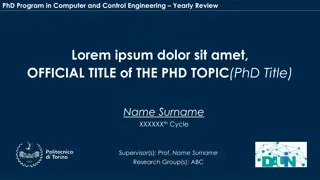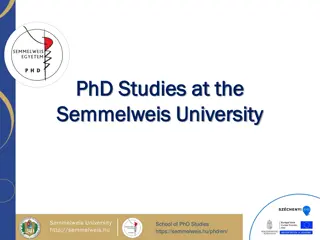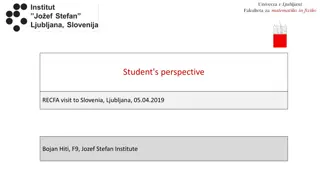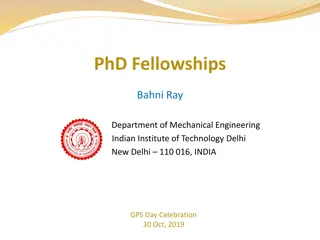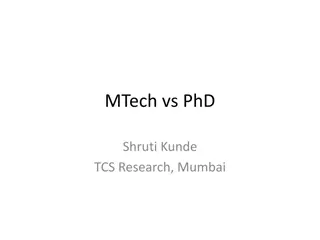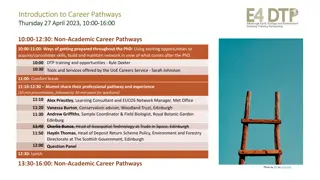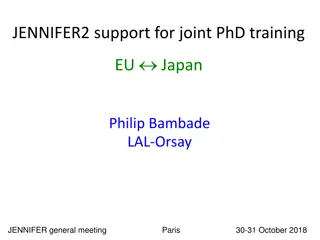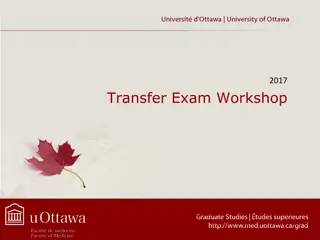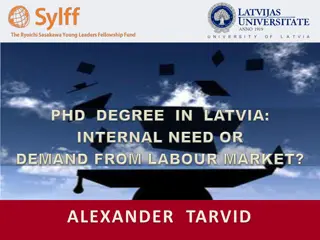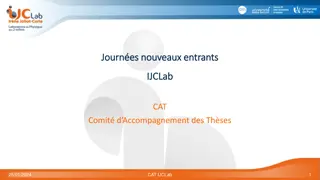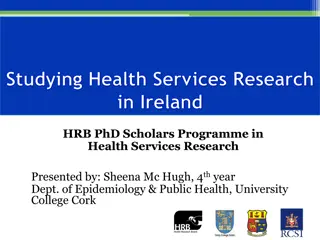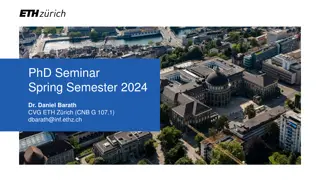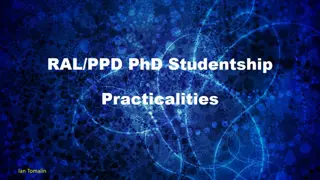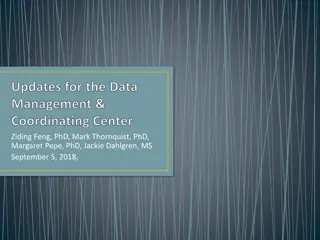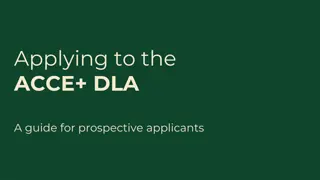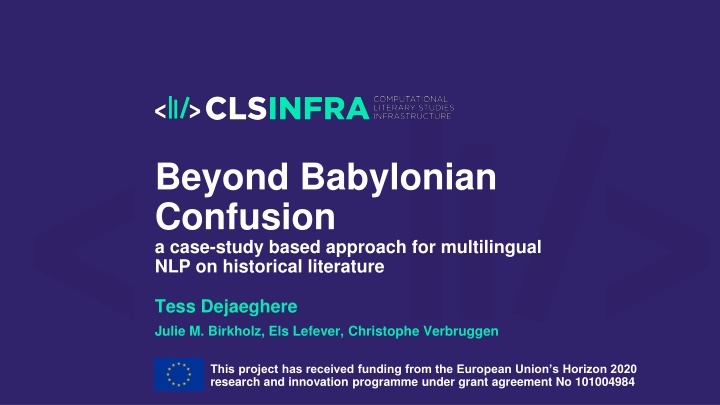
Multilingual NLP Case Study on Historical Literature: Beyond Babylonian Confusion
Explore a groundbreaking project funded by the EU's Horizon 2020 program, focusing on using NLP tools to analyze multilingual historical literature such as travelogues. This project aims to develop workflows for named entity recognition and sentiment analysis tailored to literary-historical research through case studies on a diverse corpus of travelogues.
Download Presentation

Please find below an Image/Link to download the presentation.
The content on the website is provided AS IS for your information and personal use only. It may not be sold, licensed, or shared on other websites without obtaining consent from the author. If you encounter any issues during the download, it is possible that the publisher has removed the file from their server.
You are allowed to download the files provided on this website for personal or commercial use, subject to the condition that they are used lawfully. All files are the property of their respective owners.
The content on the website is provided AS IS for your information and personal use only. It may not be sold, licensed, or shared on other websites without obtaining consent from the author.
E N D
Presentation Transcript
Beyond Babylonian Confusion a case-study based approach for multilingual NLP on historical literature Tess Dejaeghere Julie M. Birkholz, Els Lefever, Christophe Verbruggen This project has received funding from the European Union s Horizon 2020 research and innovation programme under grant agreement No 101004984
Background Deliverables Machine learning pipeline for the extraction of Named Entities. Prototype to extract relations between entities. A lexicon-based and Machine learning pipeline for sentiment analysis. Computational Infrastructure (CLS INFRA) is a four-year partnership to build a shared resource of high-quality data, tools and knowledge to aid new approaches to studying literature in the digital age. Literary Studies
PhD-project 1. NLP-tools have a great potential to support literary-historical research, but this has been largely overlooked. Available tools are not adjusted to literary-historical settings. Little technical knowledge of historians and literary scholars. Multiple languages in the same text. 2. We want to research how named entity recognition and sentiment analysis can support literary-historical research, and how we can convert these findings into durable NLP-workflows. 3. The workflows will be developed through a set of case studies conducted on a multilingual literary-historical corpus of travelogues.
Travel literature as data Compelling content The exceptional characteristic of travelogues as highly idiosyncratic lenses into the past accounts for a wide range of linguistic and historical variance. Travelogues are a rendition of an author s personal travel experiences, thus allowing the researcher to reconstruct environments and cultural traditions. writer identities, historic Different genres Journals, poetry, nature writing, travel memoirs, Multilingual DEU, NL, FR, EN Linguistic and historical variance 16th 20th century OCR mistakes Foreigners ma}^ without being naturalised, own property and exercise all rights, except political. The constitution assures to the Brazilian and the foreigner who resides in Brazil the inviolability of freedom and the safety of person and projjerty.
Annotations Flora A wide array of case studies Fauna What is the attitude of the traveler regarding the people and tribes he/she meets? Which animals were the travelers encountering? What are the emotional values connected to elements of the environment? Environment Aspect- based Sentiment Visions on surroundings Locations Organisations People
THANK YOU Tess.Dejaeghere@ugent.be @CLSinfra @GhentCDH @DejaeghereTess

